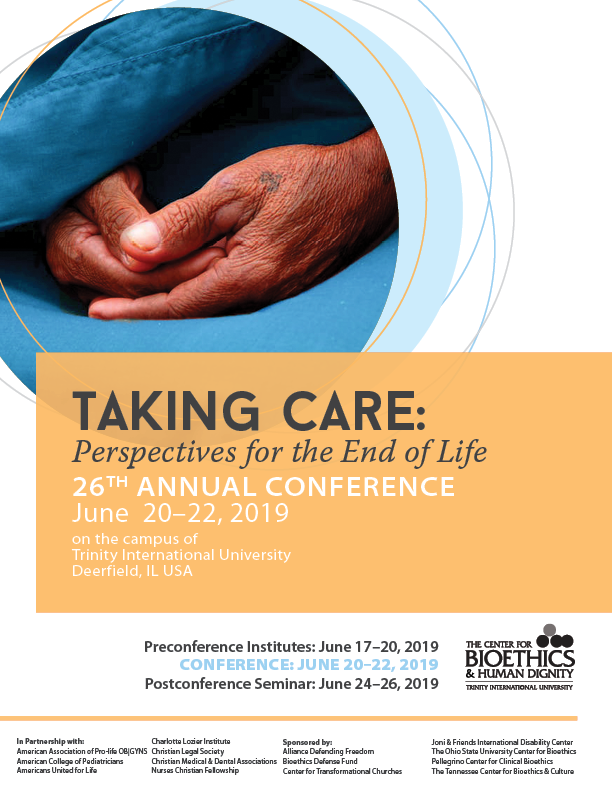
Ethical decision-making in healthcare can be complex and may be influenced by social, cultural, religious, and economic factors. Various ethical theories are considered in search for suitable basis for making decisions. Principles of ethics proposed by Beauchamp and Childress are often applied with various degrees of weightings. In this principlism approach, the principle of respect for persons—autonomy—is usually the most dominant ethical value. In Kenya and several African countries, the concept of autonomy in decision-making is complex. Decisions are more collective with strong input from nuclear and extended family members. Religious people are often consulted by families. The application of the principle of respect for persons often involves respecting the family and social support systems that the person relates closely to. A desktop study using philosophical methods was carried out to explore the major factors that influence ethical decision-making in healthcare in indigenous Kenyans. The role of the concept of “Ubuntu” was analyzed. Ubuntu is a philosophical concept encompassing the relational and communitarian lifestyle common in indigenous African societies. The study found that the most significant factor in decision-making during periods of serious illness is a quest for family and communal harmony. This is an important finding for members of hospital clinical ethics committees in Africa. The knowledge is valuable in analyzing ethical dilemmas and providing culturally and socially appropriate solutions.